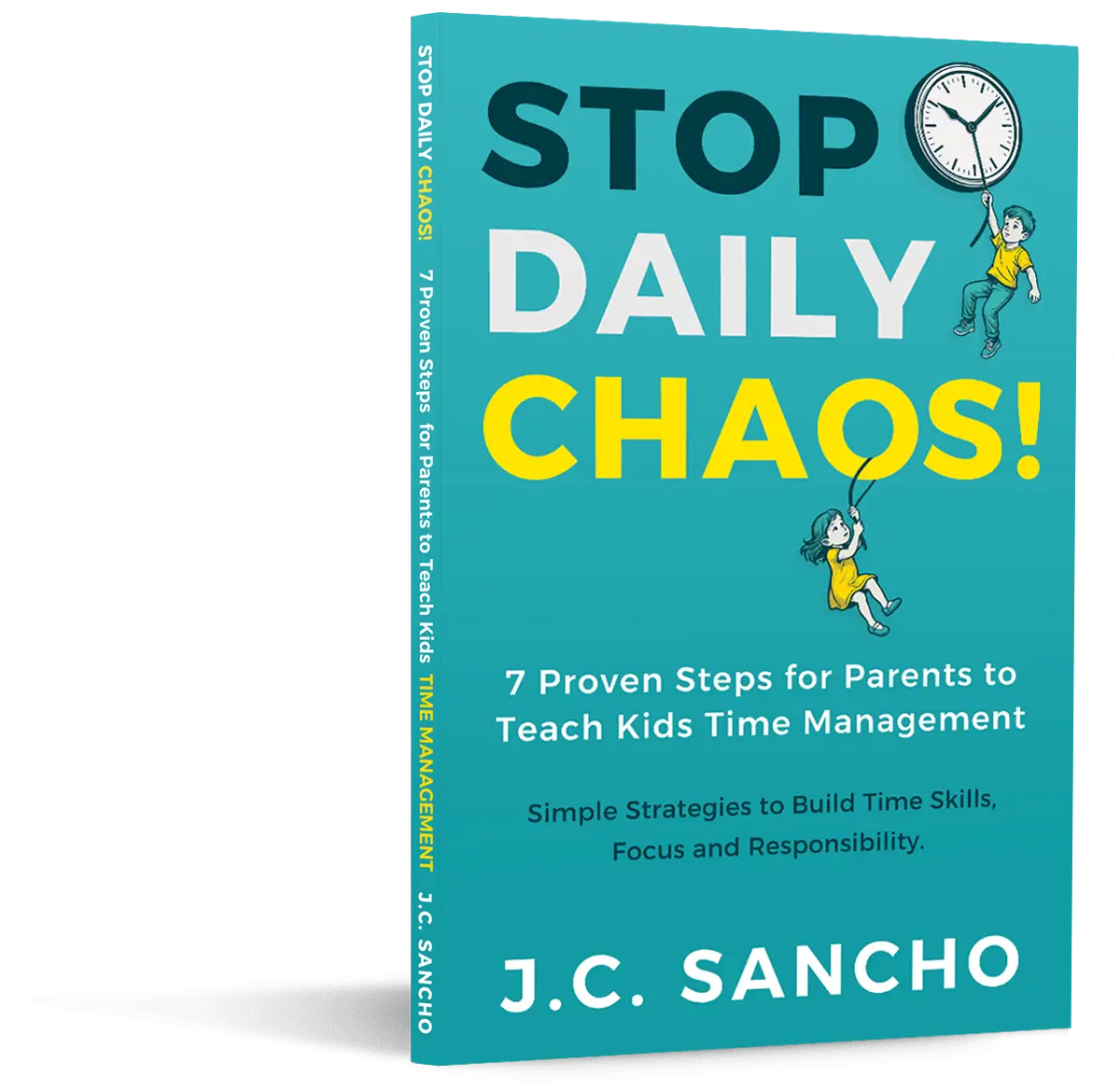Parents often feel pressure to maximize every hour of a child’s day with structured activities, academic drills, or scheduled enrichment. The fear of “falling behind” pushes families toward constant productivity. Yet children grow strongest when they also receive time without direction. Unstructured play—free exploration guided by curiosity instead of instruction—drives creativity, problem-solving, emotional development, and social intelligence in ways structured tasks rarely match.
Unstructured play is not an escape from learning. It is learning in its purest form. When children explore without a script, they engage neural pathways that support innovation, adaptability, and resilience. Free play strengthens both intellect and imagination, turning simple moments into powerful developmental experiences.
What Unstructured Play Really Is
Unstructured play takes place when children direct their own activity. There is no goal, no adult-led instruction, and no prescribed outcome. Children decide what to build, how to pretend, where to explore, and which narrative to follow. The child becomes the architect of the experience, not a participant following directions.
This form of play builds a wide range of developmental abilities:
Problem-solving:
When no adult guides the process, children must figure out solutions through trial and error.
Emotional regulation:
Free play gives children time to process feelings and practice managing frustration, excitement, and uncertainty.
Social intelligence:
In unstructured group play, children negotiate roles, share resources, and navigate conflicts without adult scripts.
Imagination and creative fluency:
With no predetermined path, children stretch their creative thinking and experiment with ideas.
Cognitive flexibility:
Switching between roles, scenarios, or materials trains adaptability—a skill linked to long-term academic strength.
Unstructured play is not a luxury. It is a foundation for cognitive and emotional health.
Why Free Play Improves Academic Strength
Parents sometimes assume that play and academic success sit on opposite ends of a spectrum. Research proves the opposite. Children strengthen executive functioning, focus, working memory, and reasoning skills through free play more than through constant instruction. Unstructured play builds:
• Planning skills as children design their own activities
• Attention control through sustained exploration
• Language development through pretend narratives
• Spatial reasoning through building and manipulating objects
When children learn to explore and think independently, academic learning becomes smoother. Free play supports literacy, math readiness, and problem-solving because it builds the brain systems these subjects rely on.
Creating a Home That Supports Creative Play
Free play thrives in an environment that feels safe, open, and welcoming. Parents do not need a perfect setup. A small shift in space, materials, and expectations transforms a home into a creative playground.
Build a Space That Invites Exploration
A play-supportive home does not depend on quantity. It depends on accessibility and simplicity. Focus on open-ended materials that encourage imagination instead of single-purpose toys.
Examples of open-ended materials:
• Wooden blocks
• Magnetic tiles
• Scarves or fabric pieces
• Art supplies
• Figurines
• Cardboard pieces
• Household items repurposed for play
These materials allow children to build, pretend, experiment, and design without a scripted outcome.
Place open-ended items in a small, consistent area. Children gravitate toward spaces that feel familiar. A single shelf or corner becomes a powerful creative zone when materials remain organized and easy to reach.
Create a Culture of Permission
Free play requires psychological safety. Children need to know they can experiment, fail, build, break down, and try again without judgment. This sense of permission strengthens independence and internal motivation.
You reinforce this culture by reacting with calm curiosity when your child attempts new approaches or combinations. Phrases such as:
• “Show me how you thought of that.”
• “What will you try next?”
• “Tell me what you’re building.”
support exploration without directing the outcome.
Permission does not mean chaos. It means freedom within a safe container—clear limits, predictable boundaries, and emotional support.
Reduce Oversight During Play
Parents often intervene with good intentions, guiding the activity or suggesting improvements. These interventions disrupt the organic learning process. Children learn best when they navigate play independently.
Your role becomes observer, not director. Step back and allow moments of struggle, uncertainty, or boredom to unfold. These moments build resilience and creativity.
If a child asks, “What should I do next?” gently redirect the decision back to them:
“You get to decide. What do you think the characters should do?”
This strengthens autonomy and creative ownership.
Common Obstacles and Effective Responses
Free play can challenge both parents and children. These challenges offer opportunities to expand skills and create stronger play habits.
When Your Child Says, “I’m Bored”
Boredom often signals the beginning of creativity. When a child sits in the space between activities, their brain shifts into idea-generation mode. Resist the urge to jump in with entertainment. Instead, offer a gentle prompt:
“What could you explore with what’s in this room?”
Children usually discover new directions when given time.
When You Feel the Urge to Direct
It can feel uncomfortable to watch your child aimlessly explore, especially if you want to encourage productivity. Remember: free play is the productivity. It builds attention, reasoning, and creativity more effectively than structured tasks.
If the urge to direct rises, reposition yourself. Sit nearby with a book or task. Your quiet presence offers reassurance without intrusion.
When Play Gets Messy
Unstructured play does not require chaos. A few simple systems maintain order:
• Keep materials in labeled bins
• Use trays or mats for activities
• Establish a quick closing routine (“When the blocks return to the bin, playtime ends.”)
Children follow boundaries more consistently when the environment supports them.
When Children Disagree During Play
Free play often involves negotiation. When disagreements arise, avoid stepping in immediately. Give children space to attempt their own solutions. Intervene only when safety or respect breaks down. Reinforce communication with simple language:
“How can you solve this together?”
This approach builds conflict-resolution skills.
The Long-Term Benefits of Unstructured Play
Unstructured play influences life far beyond early childhood. Children who grow up with freedom to explore often demonstrate stronger traits in school, relationships, and future careers.
Lifelong Curiosity
Children who lead their own activities learn to follow questions, not instructions. This curiosity drives long-term intellectual growth.
Adaptability
Free play forces children to pivot, reimagine, and rebuild. Adaptability becomes a natural skill, not a forced one.
Confidence and Independence
When children make choices and see outcomes, confidence grows. Independence becomes the default state.
Strong Creativity Muscles
Innovation depends on divergent thinking—the ability to generate multiple ideas, shift perspectives, and imagine possibilities. Free play trains these skills continuously.
Parent Questions Answered
How much unstructured play should my child have?
A reliable starting point is one hour per day. Younger children often benefit from shorter sessions spread throughout the day.
What if my child struggles to start free play?
Place a small set of open-ended materials in front of them and sit nearby without guiding. Your calm presence encourages them to explore independently.
Should I limit screen time to make room for free play?
Yes. Excess screen time reduces open exploration. Replace a portion of screen time with hands-on activities to support stronger brain development.
What if siblings interrupt each other?
Create separate play zones during free play. Join the spaces again once they demonstrate readiness for shared exploration.
Can free play support school readiness?
Yes. Free play strengthens executive skills—planning, focus, memory, and flexible thinking—which directly support academic learning.
Final Thoughts on Building a Home That Supports Free Play
Unstructured play strengthens the core systems that underlie creativity, confidence, and long-term learning. When children receive time to explore without instruction, they build the traits that shape innovators, leaders, and adaptable thinkers. Supporting free play does not mean abandoning academics. It means creating a balanced rhythm that honors growth in every direction.
Parents who loosen the reins and allow space for exploration give their children one of the strongest foundations for future success.
Further Reading
• American Academy of Pediatrics (AAP): The Importance of Play in Promoting Healthy Child Development
https://www.aap.org
• Mayo Clinic: Screen Time and Children
https://www.mayoclinic.org



